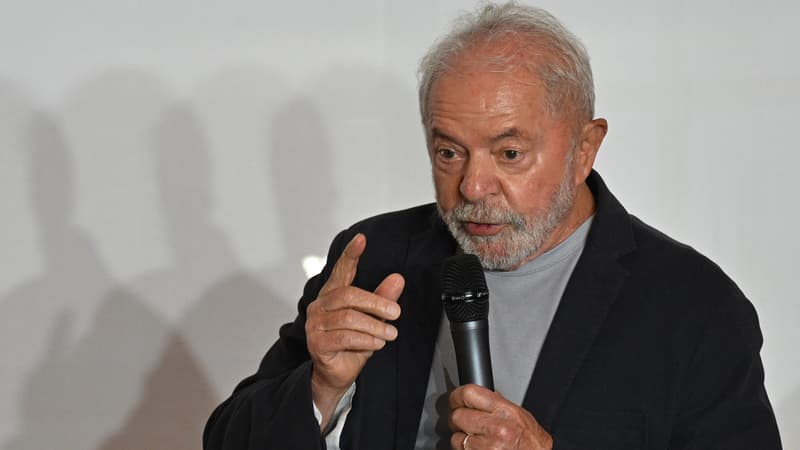The president of the Superior Electoral Court (TSE) of Brazil announced this Sunday the lifting of the filtering barriers by the Federal Highway Police (PRF) that had “delayed the arrival of voters” at the polling stations for the presidential election, while the left shouted foul.
“It has been decided to lift these operations, to avoid delays for voters” in the offices, declared Alexandre Moraes, president of the TSE, at a press conference, just over an hour after the closing of the voting offices.
Leaders of the Workers’ Party (PT, on the left) posted numerous videos on social networks of buses carrying unemployed voters, particularly in rural areas of the Northeast, the electoral stronghold of former President Luiz Inacio Lula da Silva (2003-2010).
“Inadmissible”, denounces Lula
“What is happening in the Northeast right now is unacceptable,” lamented Lula, the favorite in the polls, on his Telegram account.
But Alexandre Moraes clarified that, despite the delays, “no coach backed down and all voters were able to vote.” On Saturday night, the TSE had decided to “prohibit any PRF operation that harms voter transportation” this Sunday.
The president of the PT, Gleisi Hoffmann, announced on Twitter that she had requested the arrest of the director of the PRF, Silvinei Vasques, for “non-compliance” with this TSE decision.
Silvinei Vasques is a very controversial personality: this Sunday morning he published an image in an Instagram story asking to vote for the far-right president Jair Bolsonaro, Lula’s opponent in the second round.
More than 500 dams registered in the country
According to the newspaper Folha de S.PauloMore than 500 filter bombardments aimed at controlling coaches were registered at noon throughout the country, 70% more than in the first round of October 2.
Nikolas Ferreira, recently elected Bolsonaro deputy with the best score in the legislative election on October 2, for his part defended the traffic police: “The PRF stops buses that have been chartered. Buying votes is an electoral crime. Congratulations to the PRF “.
Abstention in the poorest areas of the country is a factor that could be decisive for the result of the second round, according to analysts. In the first round, Lula won with 48% of the vote, compared to 43% for Jair Bolsonaro. “A coup is taking place, with the use of the PRF to prevent the poor from voting for Lula,” political scientist Christian Lynch tweeted.
Source: BFM TV


